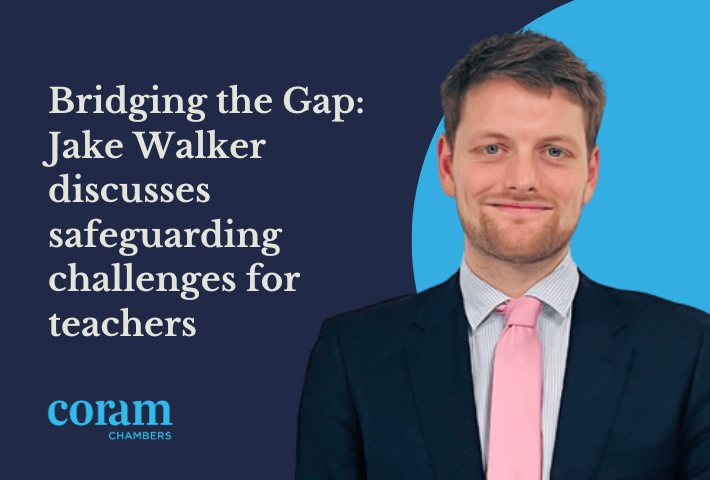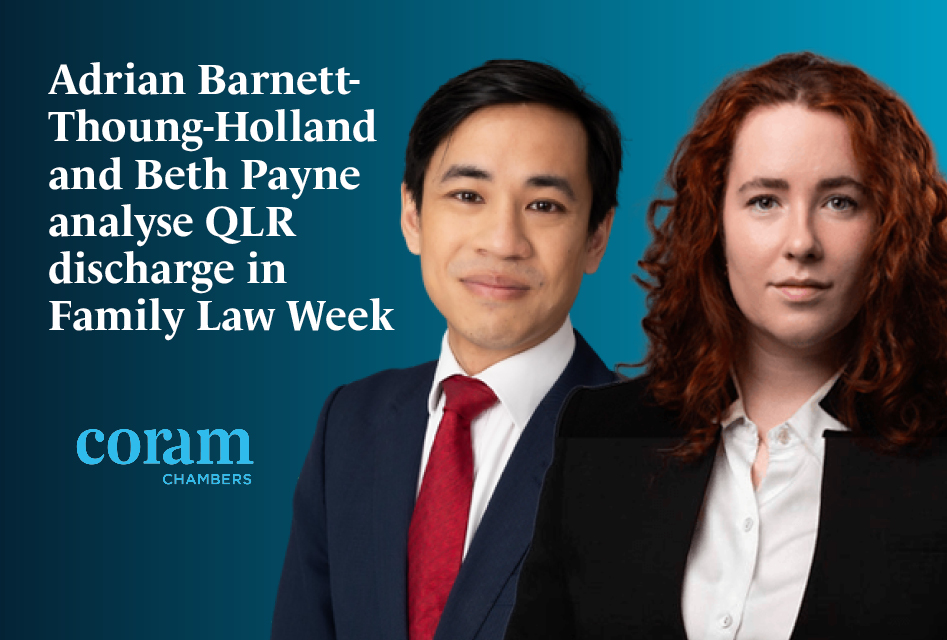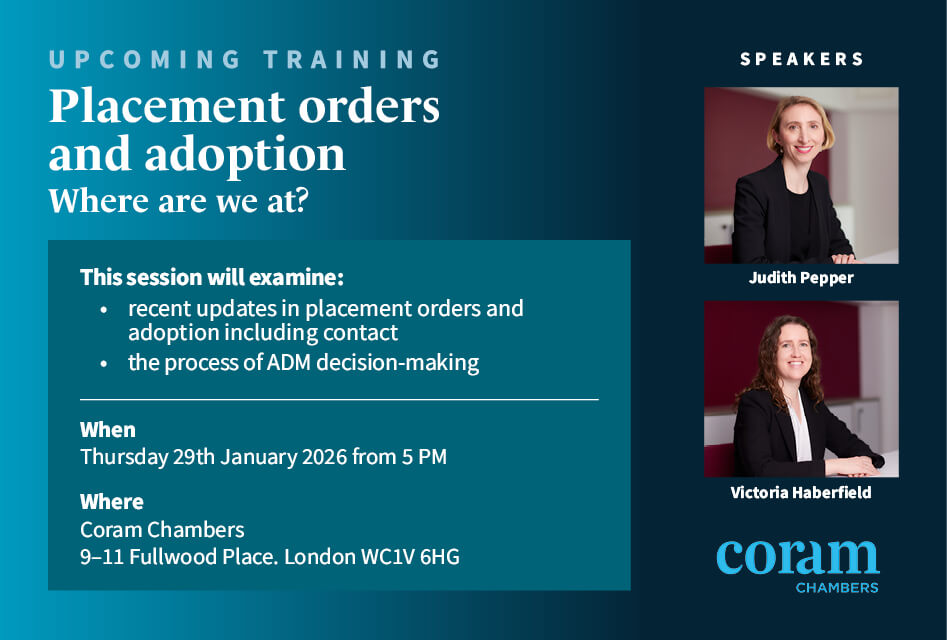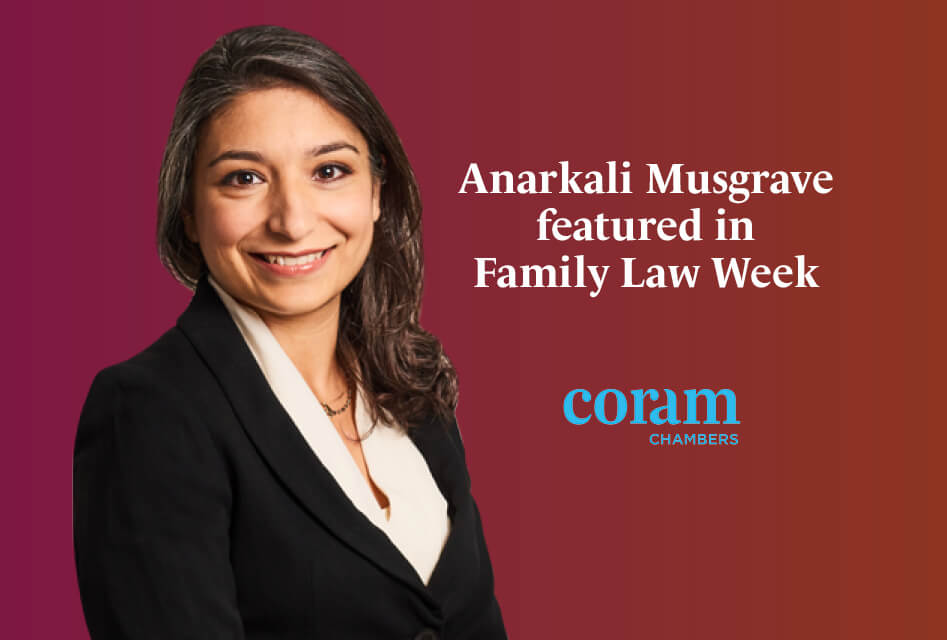
In a recent dialogue with TES magazine, Jake Walker, barrister at Coram Chambers, illuminated the troubling conflicts between the guidance that governs school safeguarding procedures and the best practices recommended for conducting interviews with children.
Drawing on experiences in cases from working alongside Victoria Roberts and Mark Twomey KC, Jake has highlighted the challenges teachers face when addressing allegations of abuse. Jake contributed his insights to the topic through an article in Family Law Week, where he referenced several cases he worked on.
The discussion is particularly relevant in light of a recent case in the East London Family Court, where vague and conflicting records from teachers clouded a young girl’s allegations of sexual abuse against her brother. The judge highlighted how the teachers’ notes, taken in accordance with the Keeping Children Safe in Education (KCSIE) guidelines, lacked the detail and accuracy needed for a robust legal investigation—ultimately compromising the child’s case.
Jake points out that a significant issue lies in the gap between KCSIE and the Achieving Best Evidence (ABE) guidelines, which define best practices for interviewing victims.
KCSIE is widely recognised among school staff but fails to provide adequate instructions on how to conduct interviews or document allegations effectively.
This disconnection could lead to serious consequences for both students and teachers, as their well-intentioned efforts to comply with KCSIE may inadvertently undermine the integrity of crucial evidence in court.
The discrepancies between KCSIE and ABE guidance create an environment in which teachers could inadvertently compromise a child’s testimony.
For instance, where ABE recommends verbatim recording of interviews, KCSIE suggests summarisation after the fact.
Jake Walker emphasises that such practices can lead to inconsistencies that might raise doubts about the credibility of a child’s allegations, particularly in a courtroom scenario.
Legal professionals and experts in the education sector are calling for re-evaluating these guidelines to ensure better alignment between KCSIE and ABE principles.
As highlighted by Jake, teachers striving to follow KCSIE may find themselves in positions where their evidence cannot withstand the scrutiny it faces in legal proceedings, raising concerns about the justice afforded to vulnerable children.
The need for change is echoed by various stakeholders, including safeguarding leads and legal professionals. They advocate for clearer, more practical guidelines that empower teachers to document allegations while safeguarding the well-being of their students effectively.
A potential pathway forward may involve the implementation of a statutory DSL qualification, ensuring that all safeguarding leads receive comprehensive training that encompasses critical components of both KCSIE and ABE.
As the education community grapples with these pressing issues, it is crucial to foster greater awareness and create a robust framework that prioritises the safety and welfare of children while supporting teachers in their vital roles.
Jake Walker’s insights highlight the urgent need to refine existing protocols to help educators navigate this complex landscape with confidence and clarity, ultimately serving the best interests of their students.
You can read the TES magazine article here.


